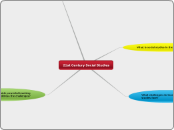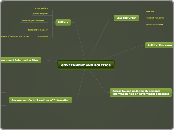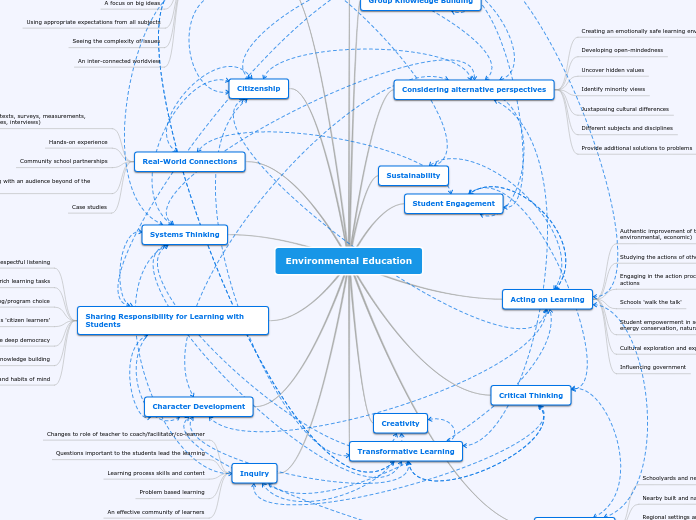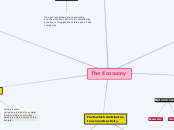par Cynthia Tittle Il y a 11 années
510
21st Century Social Studies
In the 21st century, social studies education is essential for developing effective citizenship skills from a young age. It aims to teach students to understand moral rights, value them, and act accordingly.









